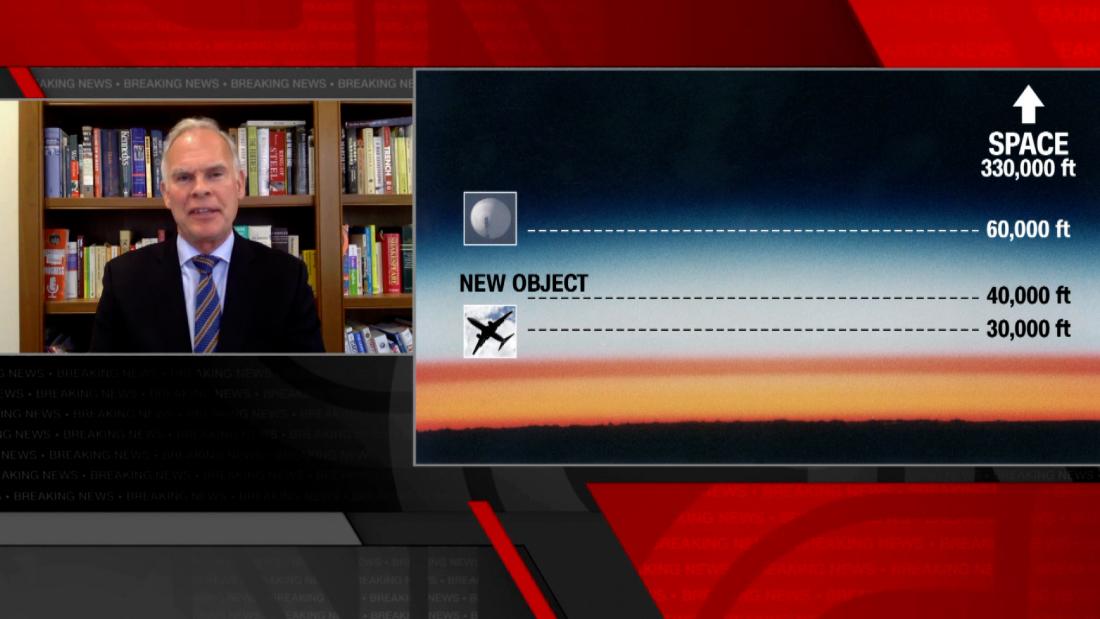How Crime on Parole Drives Mass Incarceration: Study
People jailed for committing a new crime while on parole or probation account for two-thirds of the total prison time imposed by federal and state jurisdictions—inflicting what amounts to a “double punishment,” according to a Penn State law professor.

People jailed for committing a new crime while on parole or probation account for two-thirds of the total prison time imposed by federal and state jurisdictions, according to a Penn State law professor.
Revocations of supervised release for “criminal violations” are the primary drivers of incarceration in the U.S., inflicting what amounts to a “double punishment,” Prof. Jacob Schuman argues in a forthcoming Virginia Law Review article.
Justice reformers have targeted the widespread use of so-called “technical violations,” in which parole or probation is revoked for committing non-criminal infractions, such as missing meetings with a probation or community supervision officer, skipping curfew, or filing late paperwork, has been a major target
But Schuman said his study, representing the “first comprehensive analysis of criminal violations,” shows that the focus on technical violations “misses a major part of the story.”
An analysis of data from the U.S. Sentencing Commission between 2013 and 2017 reveals that revocations of supervised release for “criminal violations” accounted for two-thirds of the total prison time imposed in federal and state jurisdictions between 2013 and 2017, inflicting what amounts to a “double punishment.”
One hidden reason for the high numbers at the federal level is the arrest of undocumented immigrants who returned to the U.S. without permission after having been previously deported, Schuman found..
They account for about one-third of the federal revocations for criminal conduct, turning supervised release into “a tool of immigration enforcement,” he added.
An estimated four million people are on probation, parole or supervised release in any given year, and one-third of them will eventually be found in violation, sending 350,000 people behind bars each year, the study said.
Probation is granted in lieu of jail time or as part of a suspended sentence. Under parole, a prisoner is released earlier than the terms of the sentence. “Supervised community release” for federal offenders emerged as a replacement for parole in reforms adopted by Congress in the 1987. A judge can impose a period of community supervision during sentencing.
Individuals who violate the terms of parole are returned to prison to serve out the remainder of their sentence. A revocation of supervised release results in a new sentence—and a new prison term.
Overall, violators of probation, parole or community supervision comprise about 45 percent of state prison admissions and 25 percent of federal incarcerees. But criminal violations alone account for more than half of the individuals sent or returned behind bars in each category, statistics show.
Schuman, an assistant professor of law at Pennsylvania State University Law School, argues that even if authorities accepted calls for an end to imposing prison terms for technical violations of probation or parole, criminal conduct would still account for as many as nine out of ten violations in some jurisdictions.
“To fully understand the connection between community supervision and mass incarceration, we must recognize criminal violations as an important and troubling driver of revocation punishment,” Schuman writes.
He found that the most commonly punished criminal violation is illegal reentry, which he says suggests that supervised release has “become a tool of immigration enforcement.”
Returning to the U.S. without permission after having been previously deported accounts for up to one-third of all violations along the U.S.-Mexico border and one-third of felony violations nationally, Schuman found after an analysis of data from the U.S. Sentencing Commission and the CUNY Institute for State and Local Government.
Analyzing 108,115 revocation hearings in federal district courts between 2013 and 2017, Schuman found that criminal violations were responsible for a “substantial majority” of total revocations.
Unlike technical violations, criminal violations give the government an “additional justification” for criminal punishment without the necessity of mounting a new prosecution, Schuman writes.
He called revocation of supervised release for reentry “especially excessive and unfair.”
“Because illegal-reentry prosecutions already ensure ample punishment through a streamlined procedure, there is no reason for the government to use revocation of supervised release for immigration enforcement,” Schuman writes.
Ultimately, Schuman argues that revoking supervised release for criminal violations “triggers an exception to the ordinary rules of criminal prosecution” by bolstering the government’s power to punish.
To address this, congressional lawmakers should repeal the “obey all laws” condition — the mandatory condition of supervised release prohibiting the defendant from committing new crimes, Schuman writes.
Doing so would make defendants who commit new crimes under supervision subject not to revocation, but to prosecution. Repealing the “obey all laws” condition would also force judges to “justify” their decision to potentially increase a defendant’s punishment for criminal violations.
“To truly abolish punishment for criminal violations, Congress could go a step further and affirmatively forbid judges from imposing an ‘obey all laws’ condition,” Schuman writes.
“Ultimately, criminal justice reform that fails to address revocations for criminal violations will overlook a critical connection between community supervision and mass incarceration.”
The full paper is available for downloading here.
Eva Herscowitz is a contributing writer to The Crime Report.

 Landwebs
Landwebs 






















